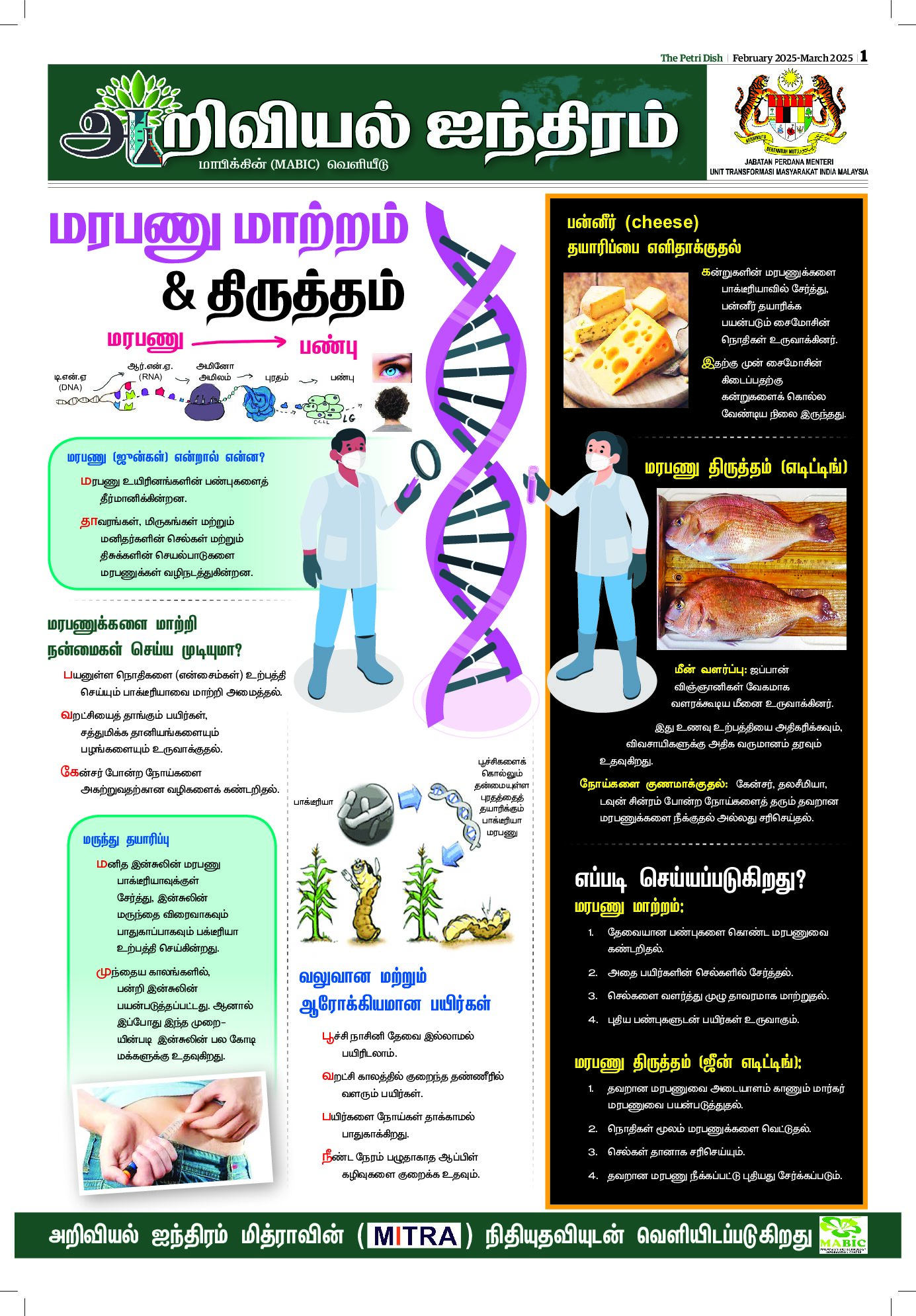A simple yet important question to foster a culture of caring towards struggling parents of special needs children.
BY SARAH FAZALUL
I AM different, not less..’ is one of my favourite inspiring lines quoted from Professor Mary Temple Grandin. She is a renowned woman scientist who has devoted her life advocating on humane treatment of livestock for slaughter. Diagnosed with ‘brain damage’ at the age of two, her uniquely-wired neural network has given her a privileged to view life in a different perspective that most people do not notice – in this instance, she somehow has been gifted a special connection and engagement with the cattle in the livestock barns. Her research has highlighted that cattle are sensitive to visual distractions in handling facilities and how important it is to treat these animals before being slaughtered.
Do you know that behind her professional success today, she’s always being looked up as a weird person with social behaviour issues, isolating her away from her friends during childhood? Kudos to her parents, especially Grandin’s mother who never treated her like a handicapped child, instead, she tirelessly provides her with early interventions, pulling her out from the isolationist shell and supports her in many ways. It was a real uphill battle though, but they finally succeeded.
As a parent of special needs (SN) child of my own, I totally can relate the exhaustion in managing SN children that are born with peculiar synchronisation of brain connectivity, impacting their social and emotional development. They usually have marked difficulties in behaviour, social interaction, verbal and non-verbal communication problems and sensory perception, making them requires extra attention and specific necessities that typically developing children do not.
It’s like you’re playing jigsaw puzzles and you need to find the missing piece to complete the whole picture. Parents of SN children are often facing with a heartbreaking struggles – series of meltdowns of unknown reasons, continuous dramas at the dining table and sleep deprivation. In addition to this, they need to bring their extraordinary little ones for various kind of therapies, which are time-consuming and costly too. At the end of the day, it’s no surprise if the parents fell into the valley of fatigue due to the non-stop commitments.
The overwhelming day-to-day care of children with SN significantly correlated with elevation of parental stress. This have been shown by Cohrs and Leslie in their recent study, elucidating that parents of children with Autism Spectrum Disorder (ASD) were at increased risk of developing depression in comparison with parents without ASD children. To illustrate this finding, let’s use spoon as a metaphor that represents unit of energy measurement.
By default, all of us start a new day with unlimited amount of possibilities and energy to do things that we desire. We start the day with ten spoons in our hand for instance. Every time we’re dealing with something challenging for that particular day, the spoons will be used up. We will be very careful and take control over things that we want to focus on to ensure that we still have spoons left with us at the end of the day to stay sane.
This scenario, however, is totally opposite for parents of SN children. Yes, they too, perhaps begin their day with ten spoons. Unfortunately, their spoons are rapidly being used up by their SN children. At the end of the day, most likely no spoons are left for them and in worst case scenario, they need to borrow from the future, resulting in not having enough spoons the next day. The chain of challenges tending to the non-stop and unpredictable needs of their out-of-sync children daily could eventually causing them to lose their sanity. It’s like a super volcano waiting to erupt. Over the time, their exhaustion, feelings of confusion or burnt out, if not being addressed or resolved properly could lead to mental health issues such as depression. Prolonged depletion of serotonin and dopamine, chemicals in brain that are responsible for sensory perceptions and motoric action-reaction mechanisms, will put them into a devastatingly depressed state.
Looking at the increasing number of depression cases among parents of a child with SN gives us a hint that the support system that facilitates parental perceived control in our community need to be reinforced. We should start showing our empathy and compassion towards parents of SN children by providing a space for them to share their concerns about their children, offering some brief break to them for physical and mental refreshment or even helping around with chores or meals preparation to name a few. They totally appreciate these simple yet meaningful deeds.
A shout out to parents of children with SN, indeed you’re not alone in this colourful journey of life in raising up your children. Bear in mind that you’re doing your best, now and always. Live life on the bright side and remind yourself to be grateful for your children has taught you to see the world in a different way, in a meaningful way I would say.
Really, not many people are given with this opportunity just yet. You can see this as blessings in disguise. While being overwhelmed tending to your children, do not forget to take care of yourself and reach out to any available supports that can help you to keep your sanity. The community need to cut the stigma of SN children as misbehaved and start pouring rains of support and encouragement to the SN children especially their parents. Perhaps the very least we can do is just ask them a simple question, ‘Hello, how are you?’.
Indeed, a ‘Hello, how are you?’ a day could possibly keeps the antidepressant pills away.
NOTE: Sarah Fazalul is a registered pharmacist and a pharmacology lecturer in the School of Pharmaceutical Sciences, Universiti Sains Malaysia. Her research area of interest evolve around immunomodulation of natural-derived products. Being a mother to a 7-year-old Asperger daughter, she develops another interest in understanding the behaviour of special needs individuals particularly in young children and the importance for this population to receive special and proper education to bring out their true potentials.












